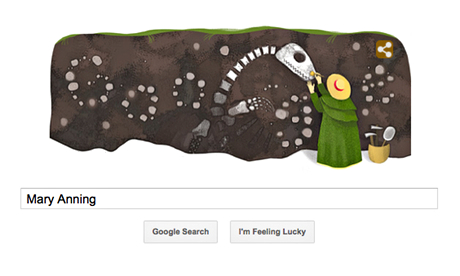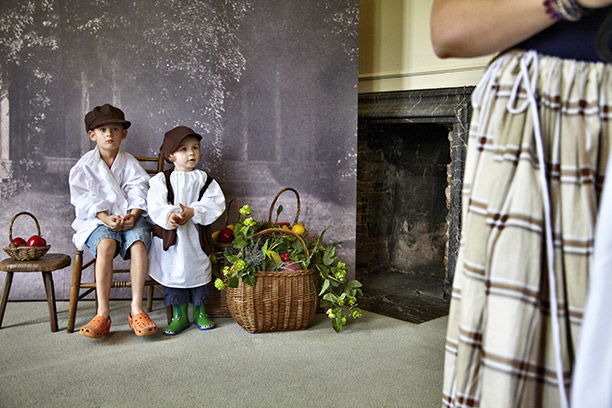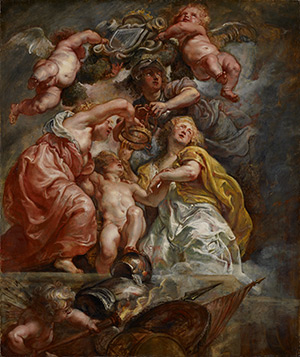
This week's update features 'Jurassic Mary', a First World War love story and fifty years of Nutella.

* Verdun's storm of shellfire that obliterated 300,000 men – 'an inferno that marked the birth of the age of warfare by mass destruction'.

* The Native American 'code talkers' who baffled the German code breakers.

* The ongoing battle to tell the story of Gallipoli heroes and the role the 52nd Division played in the First World War in school history lessons

* Why are schoolchildren being sent to the First World War battlefields?

* Have we finally found Fred and Nellie? The First World War love story mystery solved by Facebook.

* On Wednesday, 21 July, Google's doodle marked the the 215th birthday of geologist Mary Anning. Find out more about the extraordinary life of 'Jurassic Mary' and the primeval monsters here.

* 10 slang phrases that perfectly sum up their era.

* Academic history is important, but there are other ways of engaging with the past, says Ian Mortimer. Do you agree?

* Eight mummies, eight lives, eight stories.

* Is the idea of 'Britishness' just a Scottish invention?

* Churchill and Hitler did not have much in common, but they shared one interest: both were amateur painters.

* With only a few weeks to go until the World Cup kicks off, The Guardian are publishing a series of 'brick-by-brick reconstructions' of classic moments from previous World Cups, starting with Diego Maradona's 'hand of God' goal of 1986.

* Nutella: How the world went nuts for a hazelnut spread.

* History Extra examine the life, death and reign of Edward IV.

* The UK Nibbies have reached the grand old age of 25 but why do industry awards matter?
* The independent publishing sector is in good health, Bridget Shine writes, despite the recent sale of Constable & Robinson.

* Why used ebooks still have not happened.

* No more Mr Darcy? Jean Burnett and the fascination of historical fiction.
* The mysterious case of the aging sleuths and the dying detectives.

* Why women enjoy the gory details, but only in crime fiction.
* Publishing Perspectives asks: does literature need warning labels?
Which history and publishing stories have you enjoyed reading this week?